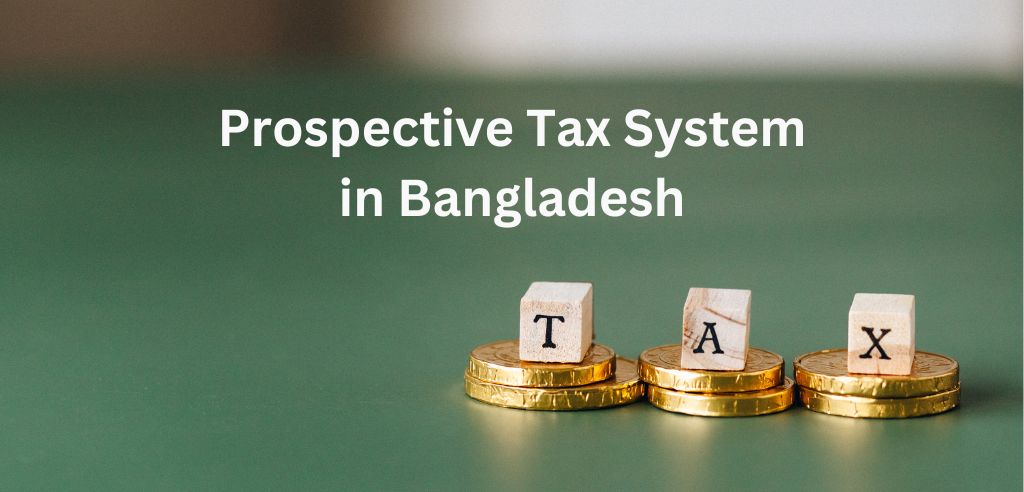
A prospective tax system in Bangladesh is a forward-looking approach where taxes are levied on incomes of the upcoming fiscal year instead of current income year, offering individuals and businesses the opportunity to plan their finances better.

Introduction to Prospective Tax System
The National Board of Revenue (NBR) in Bangladesh is considering transitioning from the existing retrospective tax system to a prospective one. Under this prospective system, taxes will be assessed on incomes of the coming fiscal year instead of the current one, offering greater predictability and planning opportunities for taxpayers.
Rationale Behind the Transition
The retrospective tax system, where taxes are imposed on earnings that occur before any changes to tax rates are made, has been criticized for its unpredictability and adverse effects on businesses and individuals. By adopting a prospective tax system, the NBR aims to instill confidence among taxpayers and investors, promoting a more stable and predictable tax environment.
Benefits of a Prospective Tax System
- Boosting Investor Confidence: A prospective tax system is expected to enhance investor confidence in Bangladesh’s tax regime, encouraging both local and foreign investment.
- Facilitating Business Planning: Businesses will have the opportunity to plan their finances more effectively, knowing the tax implications for the upcoming fiscal year in advance.
- Removing Uncertainty: By eliminating retroactive tax assessments, the prospective system removes uncertainty and reduces the risk of unexpected tax liabilities for taxpayers.
Challenges and Criticisms
- Operational Changes: Implementing a prospective tax system will require changes to existing income tax laws and operational procedures, posing challenges for tax authorities.
- Revenue Considerations: There are concerns about potential revenue losses and complexities in field-level operations during the transition period.
Stakeholder Perspectives
- Business Leaders’ Support: Business leaders and experts welcome the NBR’s plan, emphasizing the positive impact on investor confidence and business planning.
- Investor Concerns: Foreign investors have expressed apprehensions about Bangladesh’s volatile tax system and advocate for long-term predictability to attract more investment.
Impact on Taxpayers and the Government
- Business Impact: Retroactive tax assessments have resulted in financial losses and uncertainty for businesses, affecting competitiveness and investment decisions.
- Individual Taxpayers: The retrospective system also affects individual taxpayers, leading to unexpected tax increases and financial burdens.
- Government Revenue: The government may experience revenue losses or gains due to the retrospective application of tax changes, highlighting the need for a balanced approach.
Implementation Plans
The NBR plans to include the prospective tax rates for the next fiscal year in the upcoming finance act. This will provide taxpayers with advance knowledge of their tax obligations, promoting transparency and predictability in the tax system.
Call for Long-Term Stability
Stakeholders emphasize the importance of establishing a long-term, predictable tax regime to attract investment and improve economic competitiveness. They suggest that a prospective tax system will contribute to achieving this goal.
Conclusion:
Transitioning to a prospective tax system in Bangladesh represents a significant step towards creating a more stable and predictable tax environment. While challenges and adjustments may be required during the implementation phase, the potential benefits in terms of investor confidence, business planning, and revenue stability make it a promising initiative for the country’s economic growth and development.
